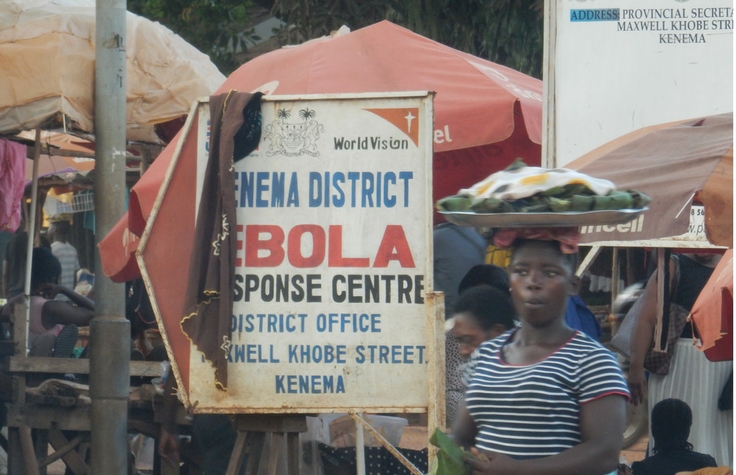
13 March 2018
In 2014, the world’s eyes were pointed toward West Africa, where an Ebola outbreak was claiming the lives of thousands of people, including caregivers and laboratory workers. By March 2014, at least three countries - Guinea, Liberia and Sierra Leone - were hit.
Long before that, however, the Ebola virus was already quietly circulating. By the time it had been identified and the world knew what was going on, the outbreak was hard to contain, and it led to devastating consequences.
To understand how to prevent this from happening again, we traveled to Boston, to meet Pardis Sabeti, an Associate Professor at Harvard University and a Senior Associate Member of the Broad Institute. During our visit we learned that the world needs sensitive tools to identify infectious threats and track their spread in real time.
Pardis’ mission is to empower the public health community to save lives and stop the next epidemic before it starts. To do that, she is invested in making sequencing available in as many countries as she can. So far, she and her partners and sponsors (including Illumina, Inc.) have successfully delivered and installed three sequencers in West Africa, including: Lagos, Nigeria, Dakar, Senegal, and Kenema, Sierra Leone.
It is in this last location, the Kenema Governmental Hospital, that the Ebola outbreak was handled in Sierra Leone. We traveled to visit the members of the team that survived the outbreak, and learned how these incredible Sierra Leonean heroes are resiliently working on infectious disease prevention and cures daily, and on site, overcoming difficulties such as lack of energy, heat and logistics issues.


